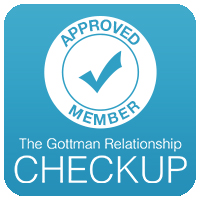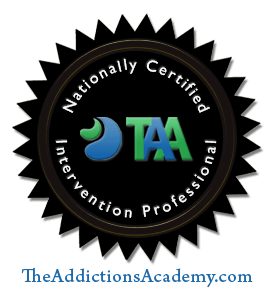Substance Abuse Professional Augusta
SAP – Substance Abuse – Drug Abuse – Alcoholism – Rehabilitative Treatment in CSRA

Our Substance Abuse Professional (SAP) professional represents the major decision point (and in some cases the only decision point) an employer may have in choosing whether or not to place an employee behind the steering wheel of a school bus, in the cockpit of a plane, at the helm of an oil tanker, at the throttle of a train, in the engineer compartment of a subway car, or at the emergency control valves of a natural gas pipeline. Your responsibility to the public is enormous!
As a SAP you are advocate for neither the employer nor the employee. Your function is to protect the public interest in safety by professionally evaluating the employee and recommending appropriate education and/or treatment, follow-up tests, and aftercare.
Substance Abuse Professionals (SAPs) are licensed or certified professionals that have knowledge not only of the diagnosis and treatment of alcohol and controlled substances related disorders, but also of DOT drug and alcohol testing and return-to-duty processes as required by §40.281. A DOT-qualified SAP initially evaluates drivers who have violated DOT drug and alcohol regulations and makes recommendations concerning education, treatment, follow-up testing, and aftercare. Once the education and/or treatment is successfully completed, the SAP reassesses the driver’s condition and, if satisfied with the driver’s compliance, completes a SAP report and prescribes a series of follow-up tests covering a period of one to five years. Any motor carrier employing this driver during the prescribed period must complete the follow-up testing as specified by the SAP.
Grief recovery
Recovery means different things to different people. Some people are perturbed by the word “recovery” because they associate it with negative things like substance abuse problems and twelve-step programs. “Grief is not a disease or addiction!” some people might say.
Some people may react to the word “recovery” angrily by saying: “You can’t recover from loss,” or “I will never be the same after this”. When using this word, it is not meant to suggest that you must “get over” your loss.
Your life will never be the same after loss, but…
Regardless of whether the memories are good or bad, you will never forget the important people in your life. These people could be immediate family, a spouse, a child, or anyone else with whom you had a deep emotional attachment. When an important person in your life passes away, you don’t forget them and your feelings for them never fade away.
So, the question then becomes, if these feelings never go away, is recovery possible, and what exactly does it mean? The meaning of the word recovery in this context could be a subject of academic debate, so it’s important to establish the meaning of the word before describing the process of grief recovery.
What is Trauma? Trauma does not discriminate in that it affects children, adolescents, and adults. Trauma can present itself in one or more of the following situations or events:
- Community & school violence
- Refugee & war zone trauma
- Domestic violence
- Serious accidents
- Natural disasters
- Physical abuse
- Abandonment
- Sexual abuse
- Verbal abuse
- Terrorism
- Neglect
- Torture/bullying
Trauma is an emotional shock that creates significant and lasting damage to a person’s mental, physical, and emotional growth.
“Trauma is interpersonal violence, over the life span, including sexual abuse, physical abuse, severe neglect, loss, and/or the witnessing of violence.” — National Association of State Mental Health Program Directors
“When trauma occurs early in life, children do not develop the capacity to regulate their experience…to calm themselves down when they’re upset, to soothe themselves, to interact in appropriate ways with other people, to learn from their behavior.”
— Margaret Blaustein
Benefits of Counseling…
Counseling can assist with helping regain the five basic human needs that the traumatic event experience has taken for the survivor’s life. Counseling will enable you or your loved one to start rebuilding their lives and learning to feel safe again, ability to trust, take control over one’s own life, feel valued again, and not afraid to allow others to get close.
The Process…
I want to be upfront and honest regarding participation in the counseling process. This is not to be view as a get fixed quick form of treatment. A true commitment to the counseling process is a must with active participation in discussion and follows through with all homework assignments if given by therapist. This process with take time; however, the results can be long lasting for positive wellness in life.
Choose to take the next step in a brand new you. Request an appointment or call me today!







